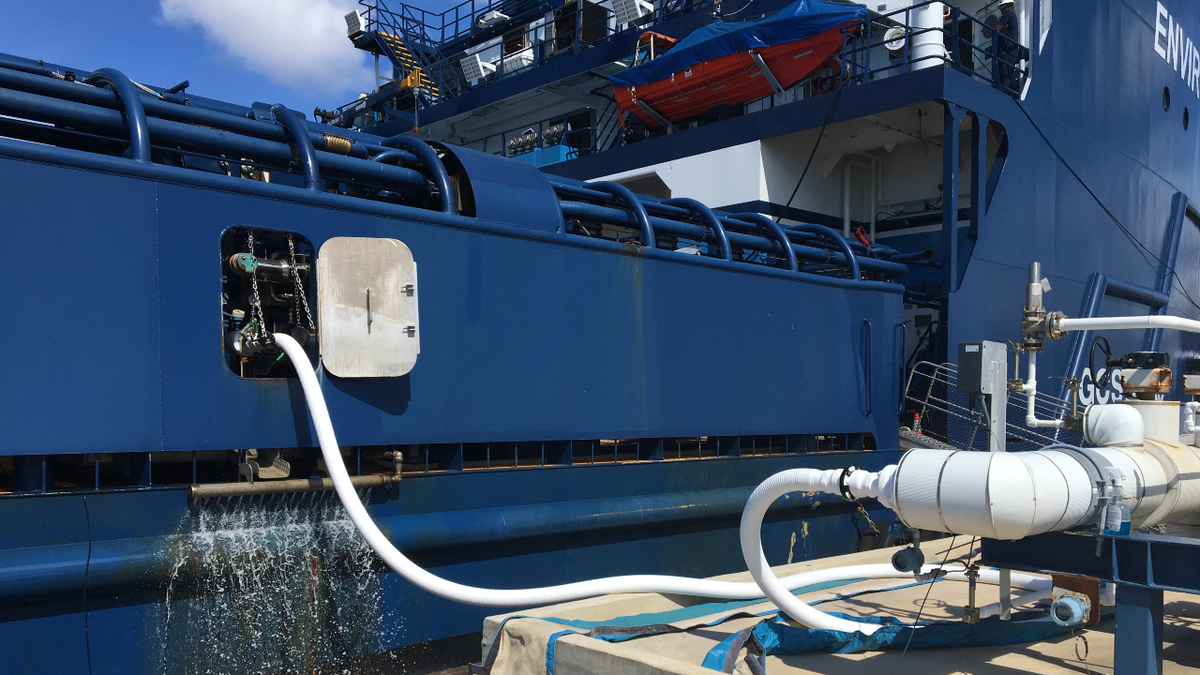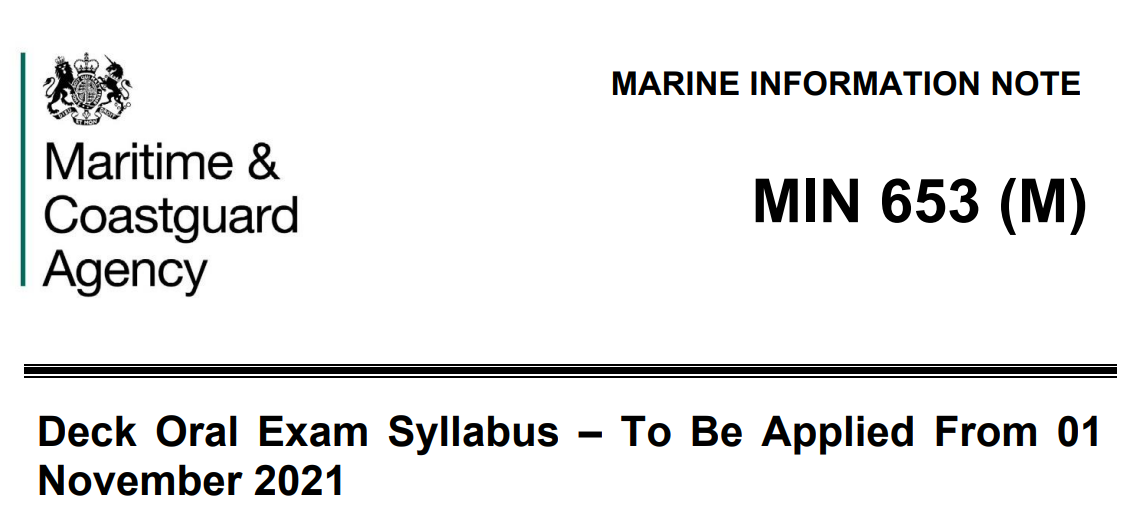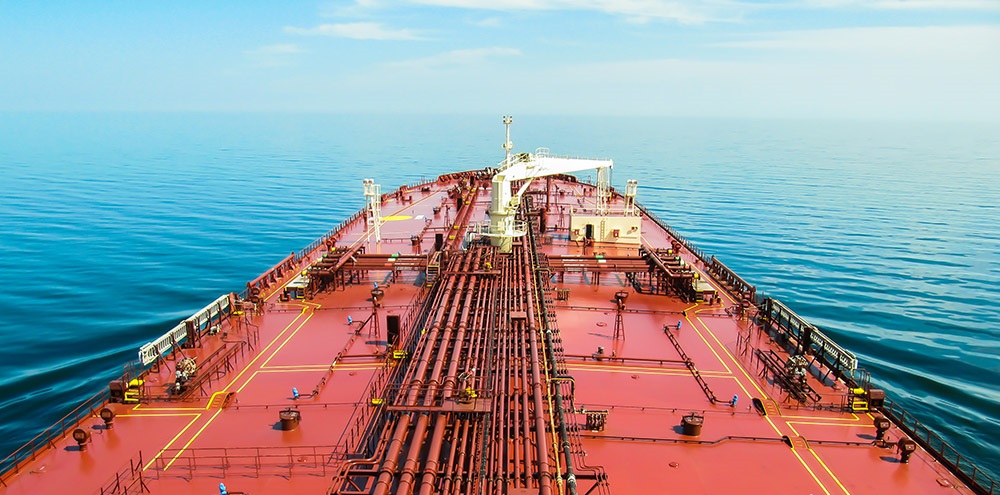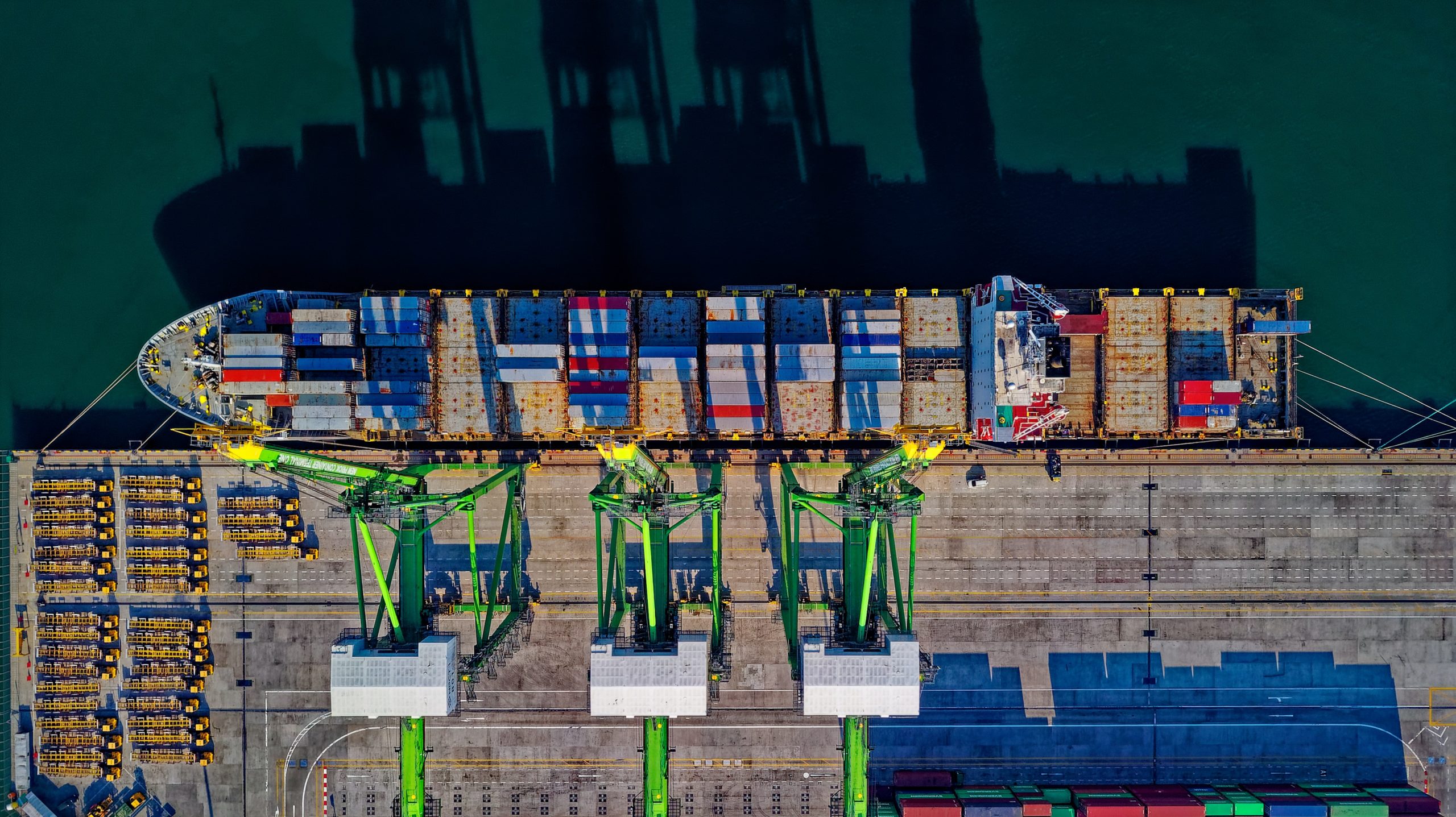Regulatory developments on Maritime Autonomous Surface Ships (MASS)
Imo aims to integrate new and advancing technologies in its regulatory framework – balancing the benefits derived from new and advancing technologies against safety and security concerns, the impact on the environment and on the international trade facilitation, the potential costs to the industry, and their impact on personnel, both onboard and ashore. Imo wants to ensure that the regulatory
MIN 675: Updated Guidance on the MCA’s Booking Orals exams, the Issue of Notice of Eligibility (NOEs) and the Online Oral Exam Process
Applicable from April 2022 This MIN provides further information on the Maritime and Coastguard Agency’s (MCA) process relating to the online oral examination including the new booking process. This MIN also provides information on the process for applying for a Notice of Eligibility (NOE). This MIN has been updated with the latest process. Introduction 1.1 The way in which you can book your
The climate implications of using LNG as a marine fuel
Different view point on using LNG as an alternative marine fuel towards sustainability considering methane slip and life cycle analysis of LNG. In 2018, the IMO adopted an initial strategy to reduce and eventually eliminate GHGs from the international maritime shipping sector. This transition will require using fuels that contain less carbon and, eventually, zero carbon. LNG contains less carbon per
Latest on Deck MCA Orals Exams Syllabus MIN 653 (M)
To be Applied From 01 November 2021, Read details on link below...
Most viable alternative fuel for sea going vessels…..
Most viable alternative fuel for sea going vessels….…. In addressing the most pressing issue of global warming and keeping the global temperature well below 2C target, the shift is happening in reducing the use of fossil fuel to the alternative fuels, which emit low greenhouse gases (GHG). Therefore, the alternative fuels are the key relevant area of technological development for
Vessel on Master’s orders and Pilot’s advice
A common entry used in the bridge logbook when entering and leaving a port - but what does that mean and what is the legality if an incident takes place with pilot onboard? The overview of the law;SOLAS Chapter V regulation 34-1 states; “The owner, the charterer, the company operating the ship as defined in regulation IX/1, or any other person







